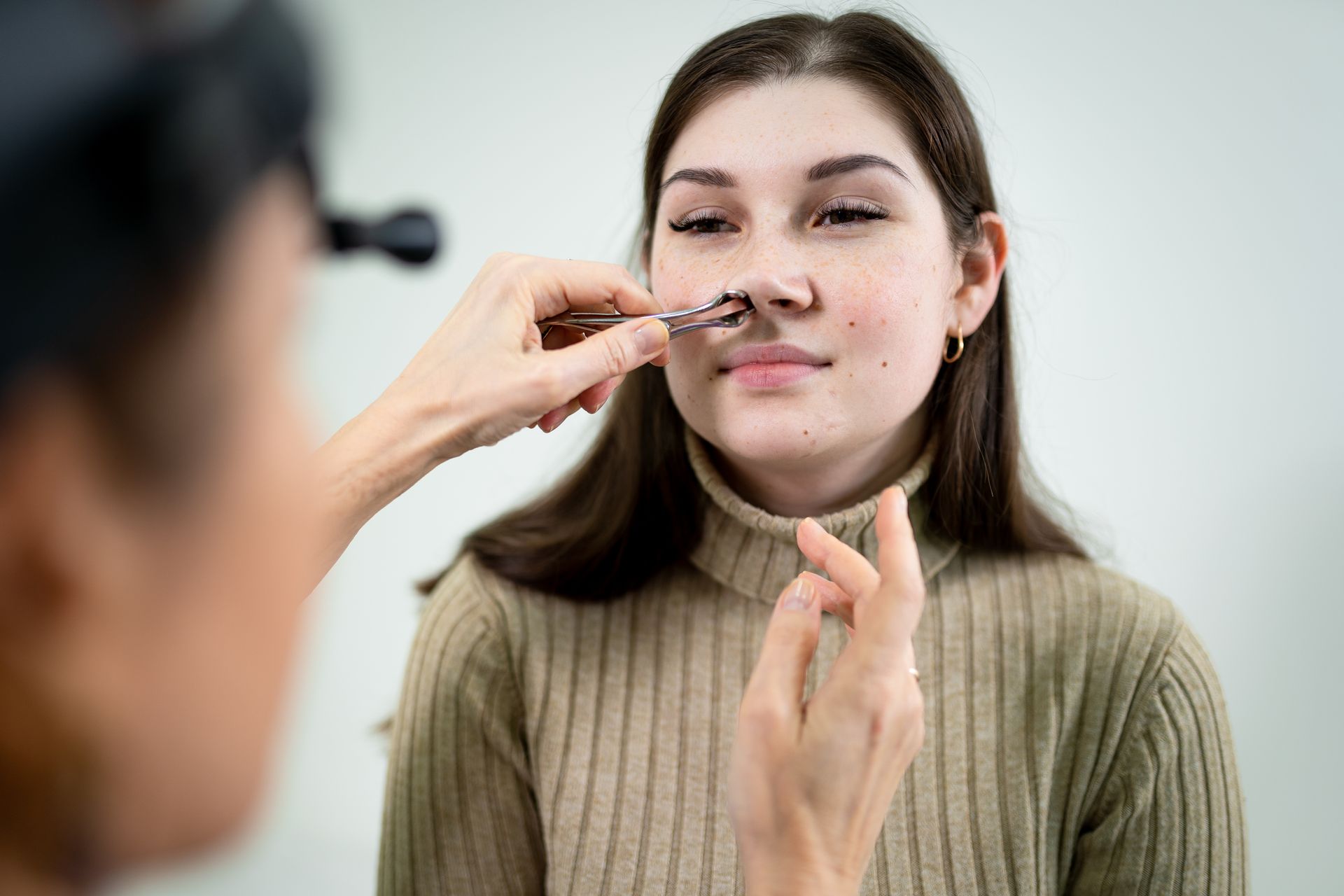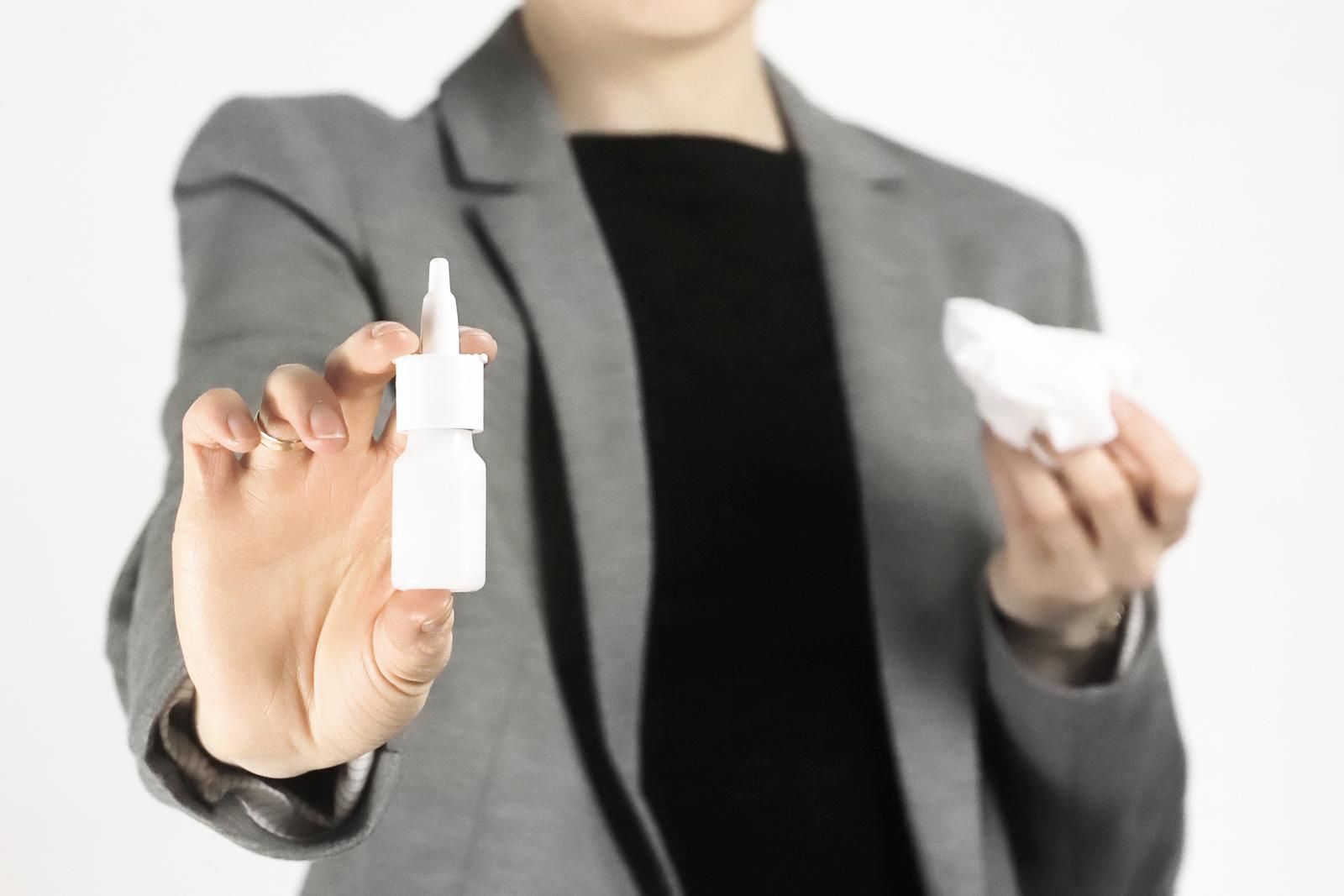How to Treat a Sinus Infection in Children
Sinus infections, or sinusitis, are quite common in children and can be caused by various factors, including viruses, bacteria, and allergies. Knowing how to recognize and treat a sinus infection can help you manage the situation effectively and ensure your child feels better quickly. Here’s what every parent should know.
What is a Sinus Infection?
A sinus infection occurs when the tissues lining the sinuses become inflamed, often due to an infection. The sinuses are air-filled spaces located in the forehead, cheeks, and behind the nose. When these passages become blocked or swollen, mucus can build up, causing discomfort. Common symptoms include:
- Nasal congestion or blockage
- Thick nasal discharge (green or yellow)
- Facial pain or pressure
- Coughing, especially at night
- Fever
- Bad breath
It's important to remember that not all nasal congestion means a sinus infection. Colds and allergies can cause similar symptoms.
Causes of Sinus Infections in Children
Several factors can trigger sinus infections in children:
- Viral Infections: Most sinus infections start as a cold caused by a virus, which can lead to inflammation and swelling in the sinuses.
- Bacterial Infections: If a viral infection lingers and causes significant inflammation, bacteria can enter the sinuses, leading to a secondary bacterial infection.
- Allergies: Allergic reactions to pollen, dust, pet dander, or other allergens can cause sinus inflammation and increase the risk of infections.
- Environmental Factors: Exposure to smoke, pollution, or other irritants can contribute to sinus problems.
- Anatomical Issues: Some children may have structural issues in their nasal passages, like a deviated septum, making them more prone to sinus infections.
How to Treat a Sinus Infection in Children
Home Care Remedies
For mild sinus infections, these home care ideas can be effective in providing relief:
- Hydration: Encourage your child to drink plenty of fluids to thin out mucus.
- Warm Compresses: Applying a warm compress to the face can alleviate sinus pressure.
- Steam Inhalation: Inhaling steam can help relieve nasal congestion. You can run a hot shower and have your child sit in the bathroom with the door closed or use a humidifier in their room.
- Rest: Ensure your child gets plenty of rest to help their body recover.
Over-the-Counter Medications
If your child is experiencing discomfort, you may consider the following over-the-counter medications, but always consult an ENT provider before giving any medication:
- Saline Nasal Drops/Sprays: These can help clear nasal passages and reduce congestion.
- Acetaminophen or Ibuprofen: Use these to relieve pain and reduce fever. Always follow dosing instructions for children.
Prescription Medications
If a bacterial infection is suspected, your child may need antibiotics. It’s important to complete the entire course as prescribed by the doctor, even if your child feels better before finishing the medication.
Preventive Measures
While you may not be able to prevent every sinus infection, you can take steps to reduce the risk:
- Encourage regular handwashing to prevent colds or infections.
- Manage allergies with appropriate medications or environmental changes.
- Keep your child away from smoke and pollutants.
When to See a Doctor
While many sinus infections go away on their own, it’s important to seek medical help if:
- Your child’s symptoms last longer than 10 days without any improvement, as this could suggest a bacterial infection that needs treatment.
- Your child has a fever over 102°F (38.9°C) lasting more than a couple of days.
- Your child experiences severe facial pain, swelling around the eyes, or trouble breathing; these symptoms require immediate medical attention.
- Your child develops a severe headache, changes in vision, or confusion, as these could be signs of a more serious condition and warrant emergency care.
ENT Care for Kids in Louisville, Kentucky, and Southern Indiana
Is your child having frequent sinus infections? The doctors at ENT Care Centers are dedicated to helping them stay healthy regarding their ears, nose, and throat. They provide expert care for children, whether they need a routine check-up or assistance with specific problems. If you have any questions or concerns, please don’t hesitate to schedule a consultation with one of their specialists.













